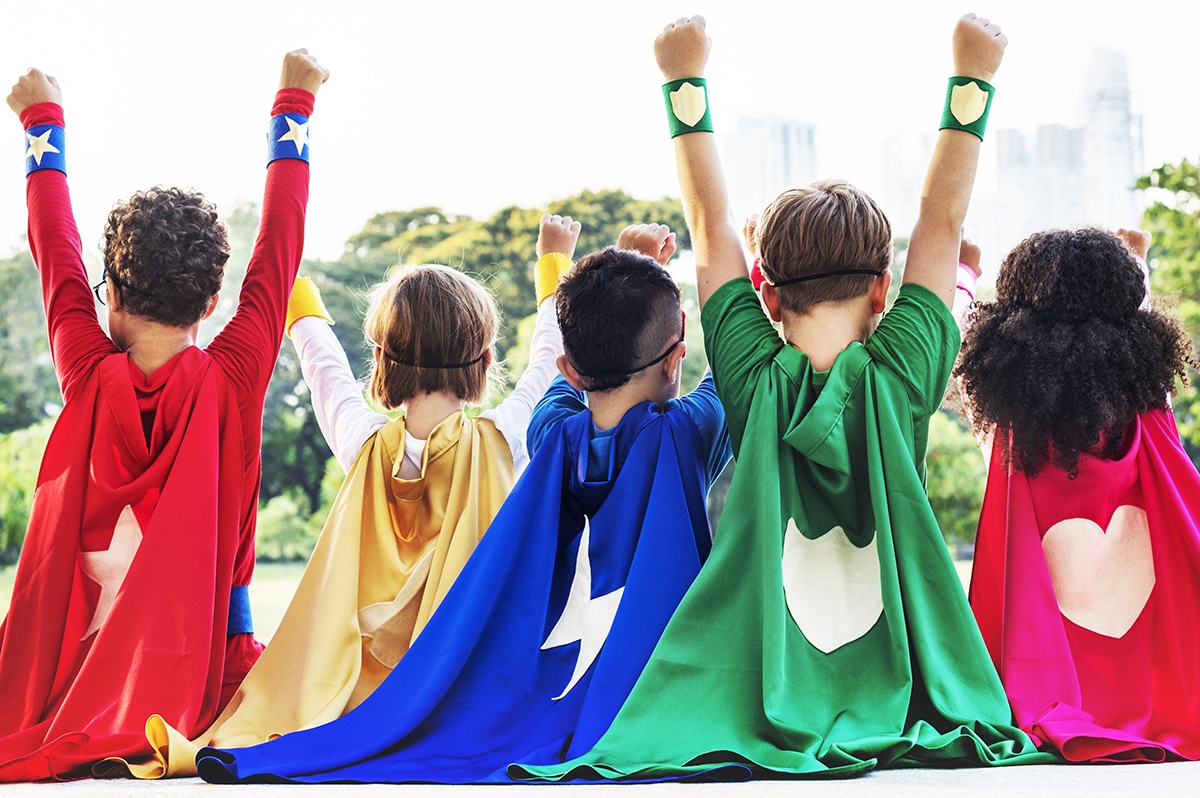Self-Confidence Package
Whether or not kids believe in themselves will shape who they are and what they create in their lives – do they go for it in life or do they sit on the sidelines? Powerful self-confidence isn’t something kids either have or don’t have. Believing in themselves, even after they’ve experienced a disappointment, is a skill that they can develop!
I have a 5-session package that will help kids develop powerful self-confidence:
[Skill book 14]
First, most children often don’t understand the concept of self-confidence, how to build it, or why it’s important. I share the story Canville and Can’tville – a Tale of Two Towns to help children understand what self-confidence is and the impact of an “I can” belief system.
[Skill book 1]
Next, what kids accomplish in life is shaped by what they believe about themselves ─ both on the conscious level and on the subconscious level. When kids learn how to uncover negative beliefs and then shift them to supportive beliefs, they become empowered to handle disappointments and setbacks without giving up on themselves. I share the story Who’s Flying Your Plane and help kids understand how their mind shapes their world and what they can do to shape their mind. We also have a paper airplane activity that we do to reinforce the learning.
[Skill books 3 and 24]
Next, learning how to move through anxiety and fear helps kids learn how to believe in themselves when facing something new. First, I share the story Pathway to Success to help kids understand that anxiety is a natural response to doing something new because their brain hasn’t developed neural pathways about the new experience. Then I share the story Slaying Dragons to help kids learn three common thought patterns that create fear and a five-step process for moving through that fear and creating courage.
[Skill book 15]
After kids have learned how to move through fear, we work on solidifying a positive self-concept by learning to develop positive self-talk. Positive self-talk helps to build strong neural pathways and program the mind for strong self-confidence. I share the story Choosing Your BFF (Best Friend Forever) to help kids understand how to use the power of positive self-talk and become their own BFF. We also have an activity that helps them create their own positive self-talk mantras and decorate a self-talk mirror they can take home with them.
[Skill book 5]
Finally, when things don’t go their way, kids often give up on themselves which devastates their self- confidence. A powerful skill for kids to learn is how to separate both events and their results from “who they are” as a person. At Adventures in Wisdom™ we call this power shifting (often referred to as reframing). I share the story Power Goggles and help kids understand how to handle the ups and downs of growing up without giving up on themselves. We also have an activity where they get to create their own power goggles to reinforce their learning!

